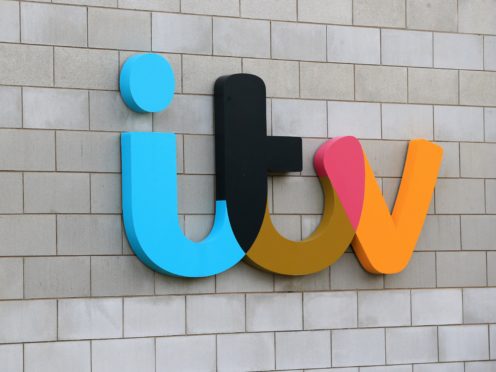The Jeremy Kyle Show used Facebook to target guests who wanted to take lie detector or DNA tests, according to written evidence submitted to MPs.
In a letter to the Digital, Culture, Media and Sport Committee (DCMS), which has launched an inquiry into reality TV, ITV chief executive Dame Carolyn McCall said Facebook was used by the production team to post requests for people to contact the show.
New evidence published today by @CommonsCMS shows that ITV used Facebook ads to target people interested in taking DNA or lie detector tests, to appear on The Jeremy Kyle Show https://t.co/V5PaCDHHxR
— Damian Collins (@DamianCollins) July 31, 2019
She wrote: “Other than aiming these ‘calls to action’ at our viewers and fans of the show, generally we did not target particular individuals, although some did specify people looking to take lie detector or DNA tests.”
Dame Carolyn said the show used the company UK Lie Tests to carry out lie detector assessments and that it has told ITV its accuracy rate is above 90%.
She added guests have always been advised that the tests cannot be guaranteed to be 100% accurate.
Asked if there had ever been an incident where a participant had failed a lie detector test and then it was subsequently proven to be wrong, Dame Carolyn said she was only aware of one such incident and the episode was not transmitted again.

Damian Collins, chairman of the DCMS Committee, said: “From the outset, our inquiry has been concerned that reality TV exploits people at a vulnerable point in their lives in order to maximise ratings.
“ITV has confirmed that in some instances The Jeremy Kyle Show used Facebook ads to find individuals who wanted to take lie detector or DNA tests.
“It is particularly concerning that the production team appeared to be specifically targeting people who were hoping to resolve a difficult personal situation. We’ve asked for copies of the adverts from ITV.
“Our inquiry is considering how well-prepared people like this would have been to cope with having their private lives exposed on a public stage and what mechanisms were in place to support them.

“That’s why we are speaking to Dwayne Davison, a former contestant on The Jeremy Kyle Show, whose direct experience is very concerning. He will be amongst other former reality TV guests who have been asked to share their experiences with the committee in the autumn.”
In May, ITV announced The Jeremy Kyle Show was to end permanently following the death of a guest.
The confrontational talk show was suspended and then axed following the death of a participant, 63-year-old Steve Dymond, a week after a programme featuring him was filmed.
The programme had been a regular fixture in the TV schedule since 2005.
